Congratulations on your offer to study with us!
We're a creative community, with staff working on diverse topics. We wanted to give you a chance to find out more about Jenna Ng, who researches and teaches on Interactive Media.
My path to becoming an academic took a bit of a long and winding road… though it was all worth it in the end! My first degree was in Law from the National University of Singapore (where I am from). I worked as a finance lawyer in Singapore and London for a few years, before deciding to pursue my interest in studying film and media.
I did a Masters and a PhD in Film Studies at University College London (UCL), writing my doctoral thesis on digital cinema. I held research fellowships at Umea University in Sweden, and the University of Cambridge, before coming to York as part of the academic team that started the Interactive Media BSc course. I love my job and the profession I am in now - but perhaps the training dies hard, as I am told I still 'think like a lawyer'. I take that as a compliment, though!
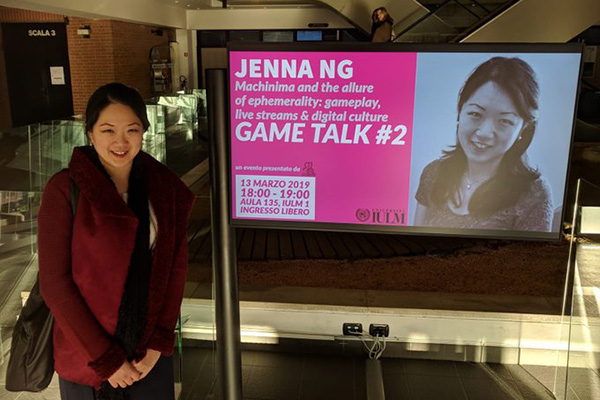
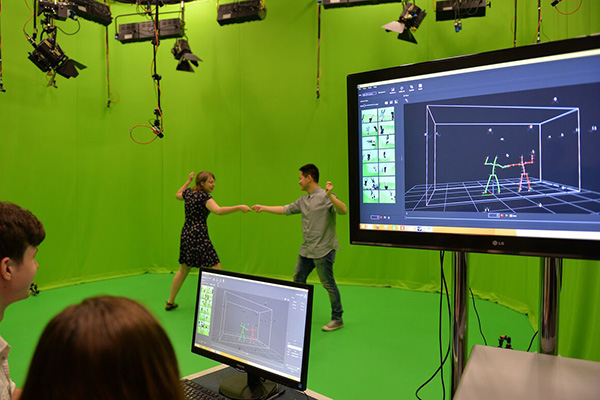
My research revolves around digital media technologies, and how they change our understanding of how we think, live, work and play. I am particularly interested in the intersection between digital media and visual culture - how digital technologies affect the way our world is seen, and how we see our world.
Current technologies, such as drones, computer-generated imagery, machine vision and so on are changing our visualisations of the world and, in turn, how we think about it.
My book, The Post-Screen Through Virtual Reality, Holograms, and Light Projections: Where Screen Boundaries Lie, was published in November 2021. It argues that contemporary media technologies diminish the visibility of their boundaries, so that the image becomes indistinguishable from the viewer's surroundings.
The book rethinks the image's borders and delineations, evoking the screen boundary as an instrumentation of media and images which do not tell the truth. In turn, as our understanding of image and reality shifts, they also connect to the current state of politics by way of their distorted truth values, media and histories, real and unreal.
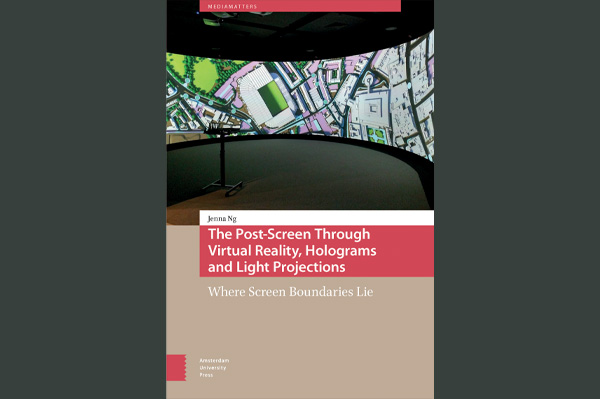
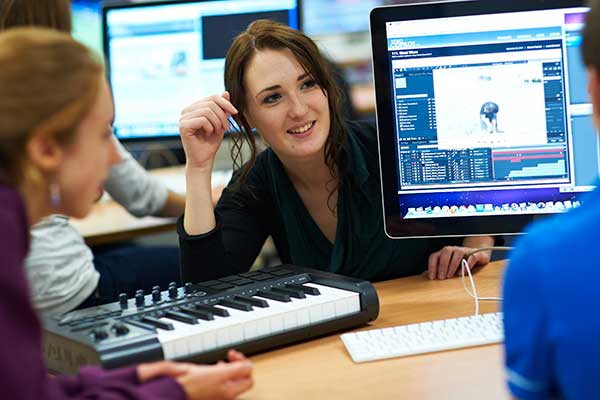
I would say my proudest achievement is taking the courage to change life paths, and pursue something about which I am truly passionate. Giving up a lucrative and glamorous legal career, and moving halfway across the world to study a subject which was not even topically connected to my undergraduate degree, was a huge leap of faith.
My life now is richer, happier, more fulfilled and more genuine than I think it could ever have been any other way, and, in short, I would do it all over again. Plus, it gives me a great real-life example to inspire students!
I teach Digital Culture, Aesthetics and Storytelling. We study the basic elements of story - plot, character, genre, story world and so on - across different media, from film, to television, to games, to interactive websites, thinking through how each element works in each media form. We study the digital culture of interactive media, the meaning of interactivity, and how it changes the way we think about space, time, connectivity and so on.
I also teach on The Future of Story, in which we think more expansively about stories as told across different media, including apps, performance, virtual reality and algorithms. I think current media technologies open up really interesting possibilities for interactive storytelling, providing new ways of experiencing stories, and amplifying diverse voices.
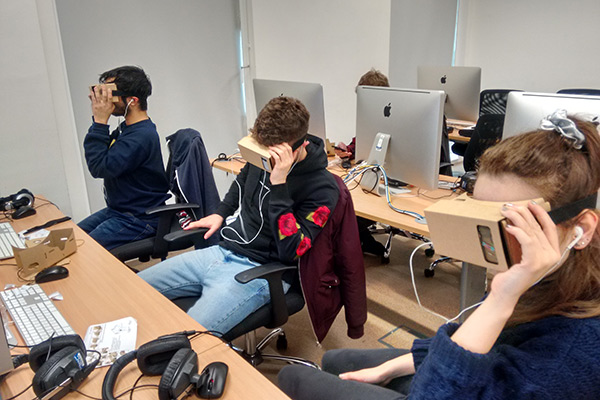
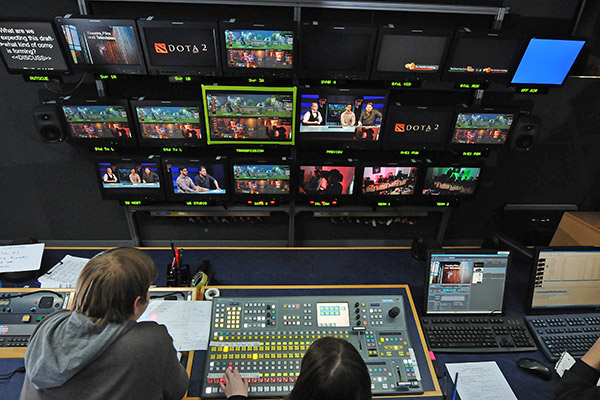
Studying here is creatively hands-on, intellectually exciting, and full of possibilities! Every subject involves a mix of theory and practice, so as to combine the intellectual rigour of critical thinking, reading and writing with practical work to hone skills and knowledge.
Much of the work our students do is project-based, with support from staff, and using our varied facilities. Many of those projects are student-led, giving you space to be creative and realise your own vision.
University is a unique time of your life, during which you will meet new people, and learn new skills and knowledge. But you will also open your mind, challenge your thinking in every way, and acquire a deeper understanding - not only of the world, but also of yourself.